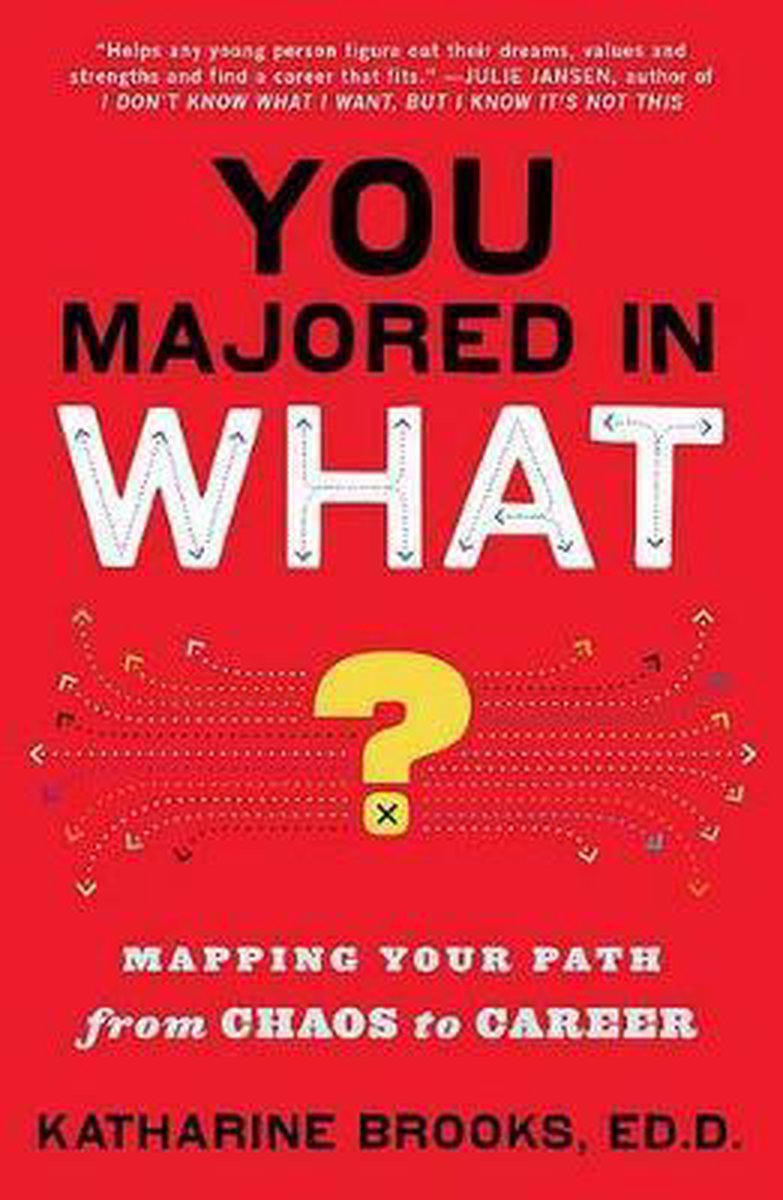Reporting on what you care about. We hold major institutions accountable and expose wrongdoing. Search, watch, and cook every single Tasty recipe and video ever - all in one place! As a computer science major, you'll be exposed to areas such as robotics, natural language recognition programs, artificial intelligence, programming languages, numerical analysis, and gaming technology. Problem solving is a major component of computer science, no matter which segment of the industry you want to pursue.
Contrary to popular belief, you don't have to be a pre-med major to get into medical school. According to data from the Association of American of Medical Colleges (AAMC), about 60 percent of medical school applicants majored in biological sciences as undergraduates, meaning you have some flexibility choosing your major.
As long as you complete the requirements for medical school, which typically include chemistry—including inorganic, organic and biochemistry—biology, physics, English, calculus and/or statistics, you'll generally be set. Be sure to work with your adviser to help you map out a plan. That said, here are six college undergraduate pre-med majors to consider that can help prepare you to be a future doctor.

Pre-med
As far as college majors for doctors go, this one is a no-brainer, and there's a reason why it's a popular choice. Choosing a pre-med track means that all of the guesswork as to which classes are best to prep for medical school and the MCAT® (the Medical College Admission Test) is done. Expect a heavy dose of life science and math courses.
Sciences

Since you have to take a number of science-related courses to qualify for medical school anyway, if you love spending time in the chem lab or discussing dark matter, you can focus your undergraduate studies in the field you like best. All the while, you'll be flexing your analytical and problem-solving muscles in medical field majors such as biology, chemistry, and physics.
Mathematics
You Majored In What Book
If the idea of studying linear algebra, set theory, and fractal geometry gets your heart racing—in a good way—then majoring in math is a great pathway into medical school. It can also help you on the MCAT. But, if multivariable calculus makes you cringe, you may want to consider only taking the minimum number of math courses required.
Liberal Arts
You might not equate Shakespeare with brain surgery. But the critical thinking and analytical skills developed in liberal arts tracks, as well as the attention to detail, observational skills and the ability to understand dense texts required for these majors, are key for physicians, too. Writing and honing your communication skills as an undergrad can not only help power you through medical school paper-writing, but it can also serve you well when interacting with patients from diverse backgrounds.
You Majored In What Wandering Map
Psychology
Getting inside people's heads (minus the scalpel), is a great skill to have in a career in which you'll have to talk with patients and their families to solve medical mysteries and determine the most appropriate treatment plans.

Business
You might not think a future doctor needs to understand accounting, marketing, and management. Think again. A business degree can be a great major for pre-med, especially if you end up running a medical facility or your own practice someday.
General Tips:
You Majored In What
- Choose an undergraduate program that you enjoy and in which you will excel. Medical schools expect high GPAs from applicants, so toughing it out in majors that are beyond your abilities may not help you.
- Leave room for medical school requirements. If you choose to major in history, that's fine. Just be sure to save up your elective credits to complete those prerequisite science and math courses as well.

Majored Syn
MCAT® is a registered trademark of the Association of American Medical Colleges, which is not affiliated with, and does not endorse this site.